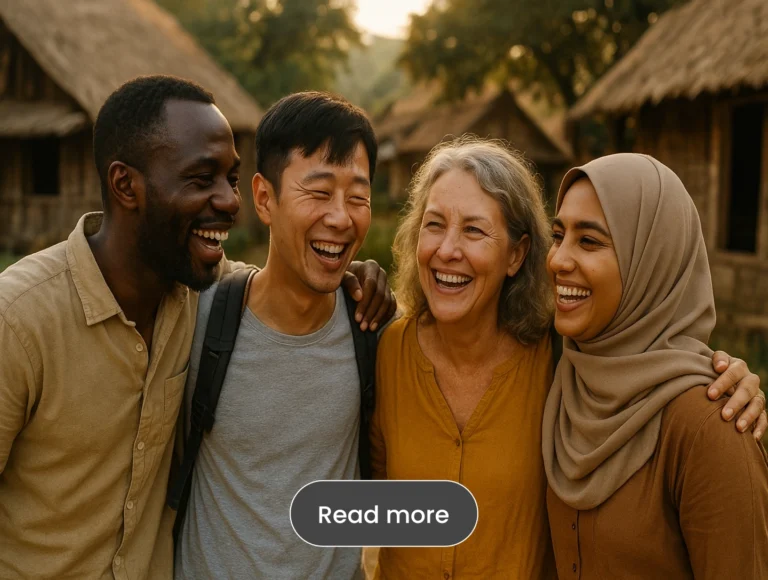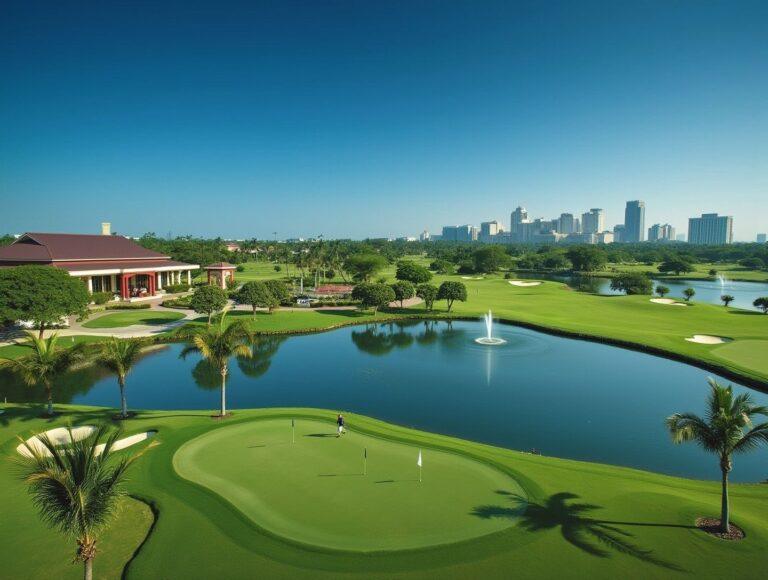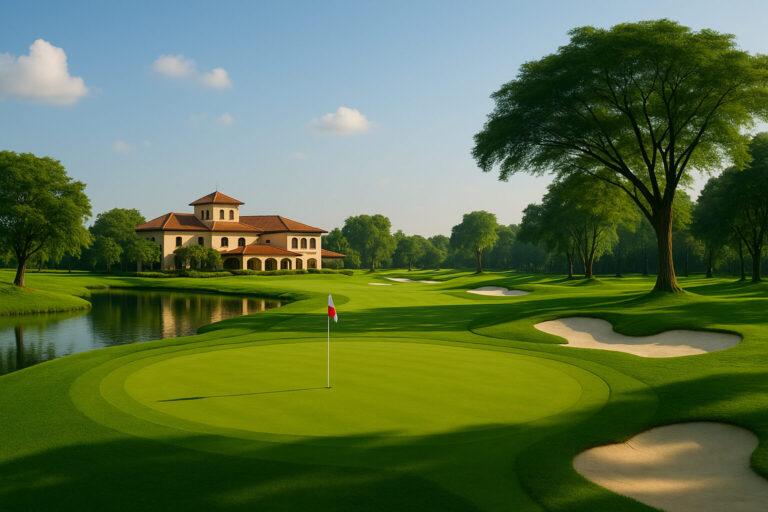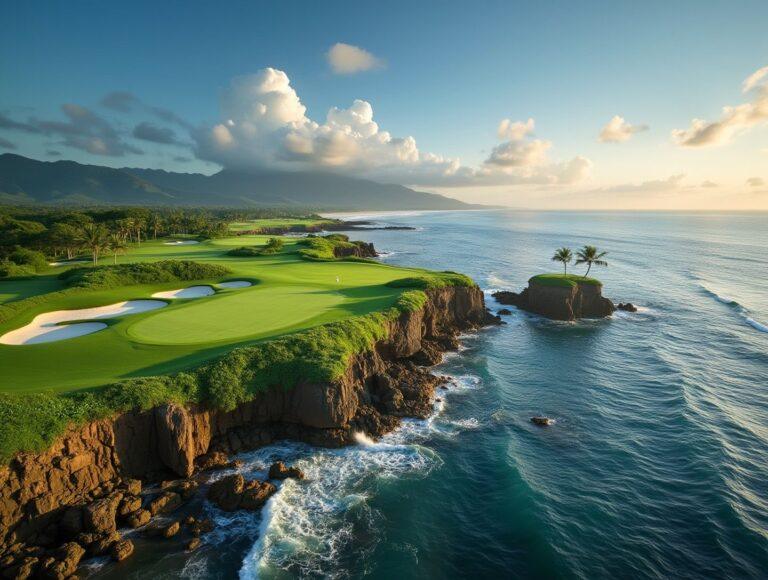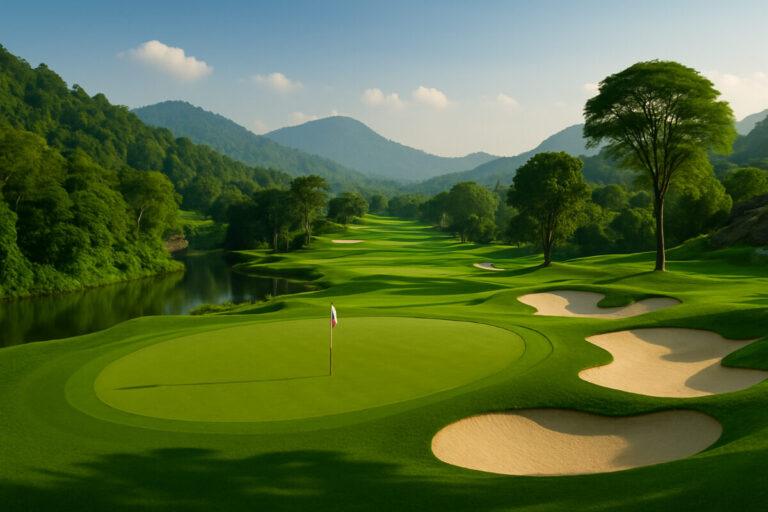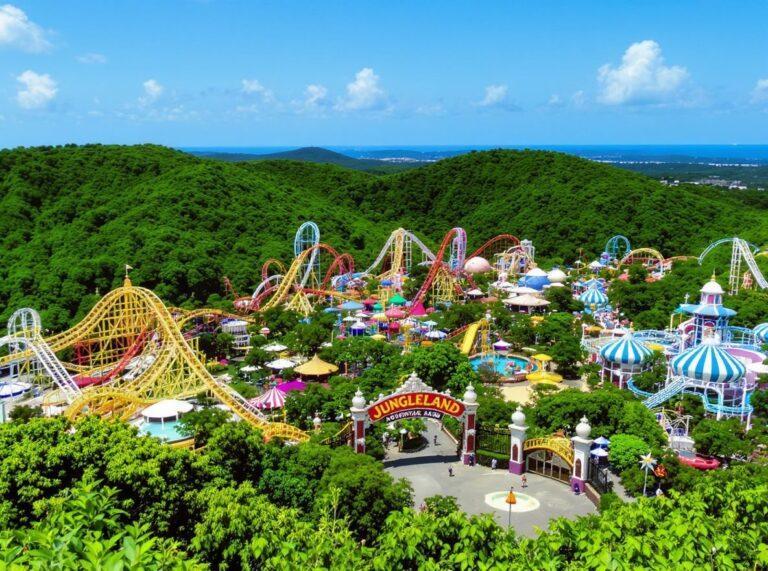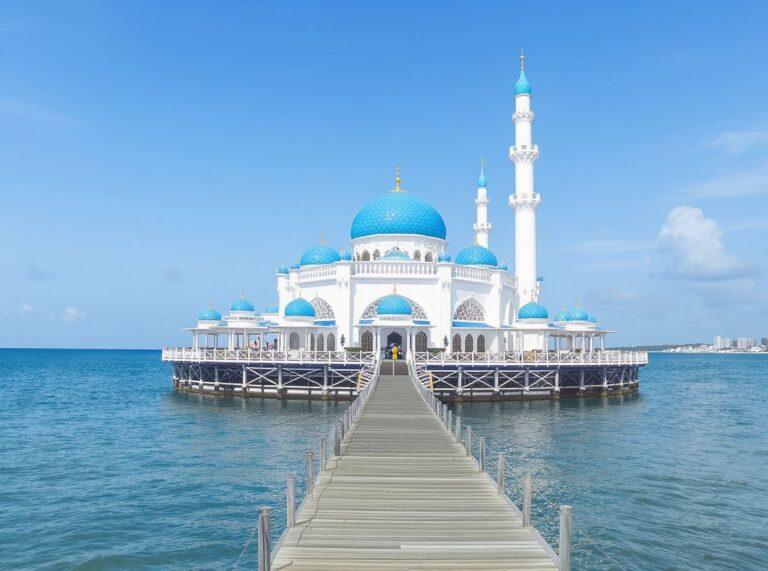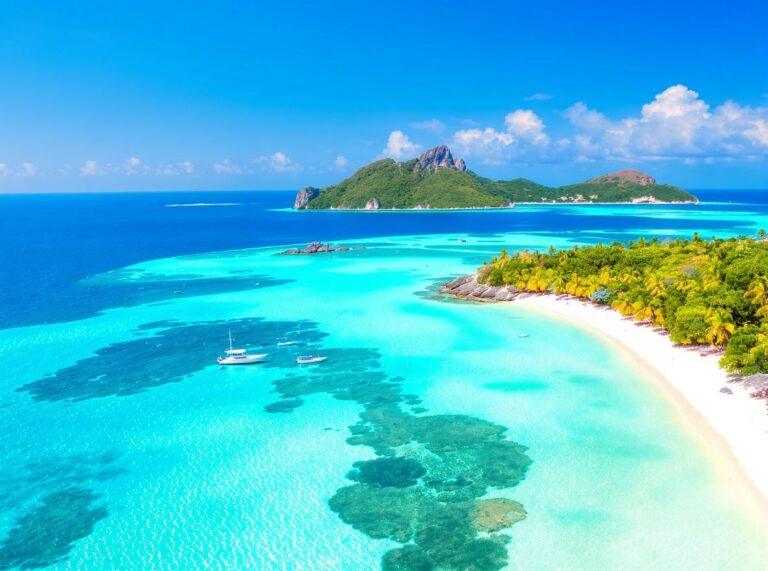Makassar, the vibrant capital of South Sulawesi, is a dynamic port city where history, culture, and modern development come together. Once a vital maritime hub for the spice trade, Makassar today offers a mix of colonial charm, seafront promenades, and authentic Sulawesi cuisine. Visitors are drawn to its laid-back atmosphere, ocean views, and gateway access to the highlands and surrounding islands.
For golf enthusiasts, Makassar provides a peaceful alternative to the busier golf destinations in Java and Bali. With scenic courses set against mountain and sea backdrops, the city is steadily gaining recognition among domestic and regional golf travelers.
Regions or Areas
- Losari Beachfront & City Center
The heart of Makassar’s tourism, featuring cafes, shopping, Fort Rotterdam, and views of the iconic sunset promenade. - Panakkukang & Business Districts
Bustling area with hotels, shopping malls, and business centers—popular for city-based travelers. - Tanjung Bunga & Akkarena
A coastal lifestyle zone with beachside dining, water sports, and family-friendly resorts. - Samata & Gowa Highlands
Just outside the city, this area offers cooler weather, green hills, and is home to golf resorts and scenic escapes. - Paotere & Port Area
A historic zone showcasing traditional phinisi boats, seafood markets, and Makassar’s maritime legacy.
Quick Highlights
- Sunset views from Losari Beach promenade
- Authentic Sulawesi dishes like Coto Makassar and Konro
- Fort Rotterdam and historic port heritage
- Undiscovered golf clubs surrounded by nature
- Access to nearby islands for snorkeling and diving
- Emerging coastal resorts and eco-tourism projects
- Friendly local culture and laid-back city vibes
- Direct flights from Jakarta, Bali, and Surabaya
Best Visiting Season
Makassar features a tropical monsoon climate with dry and wet seasons. The best time for golfing and coastal activities is during the dry months:
- Dry Season: May to October (sunny and breezy—ideal for outdoor exploration)
- Wet Season: November to April (afternoon showers and higher humidity)
- Weekday Play: Local courses are less crowded midweek and more peaceful
Advance planning is recommended during festive periods or school holidays.
Recommended Duration
- 3 to 4 Days – Ideal for city sightseeing and golf
- 5 to 6 Days – Combine golf with island-hopping or highland retreats
- Short Stay (2D/1N) – A relaxed urban and coastal golf escape
Makassar works well as a standalone getaway or as part of a broader Sulawesi travel route.
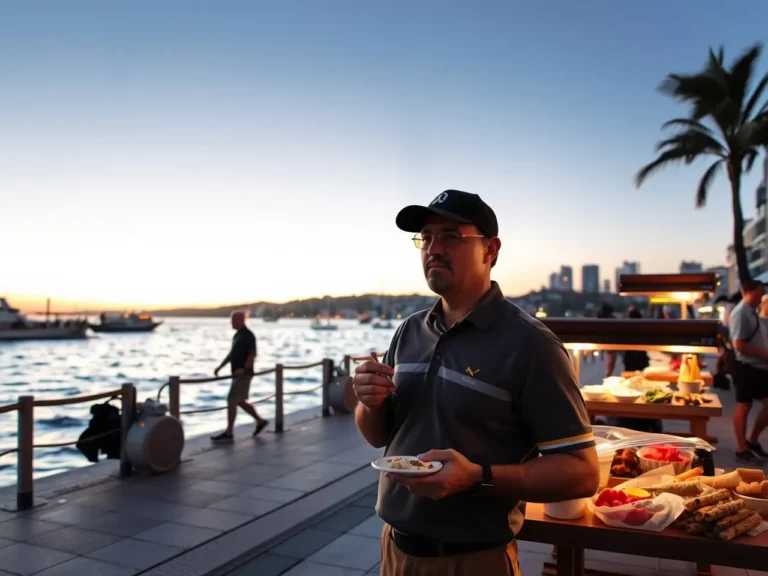
Local Travel Tips for Makassar
Makassar is known for its warm hospitality and easy-going pace. While the city is compact, having a reliable transport option helps maximize your golf and leisure time.
- Getting There: Sultan Hasanuddin International Airport connects to major Indonesian cities and some regional destinations.
- Transport: Use Grab or local taxis. Many golf resorts and hotels offer shuttle services.
- Cuisine: Don’t miss local favorites like Pallubasa and grilled seafood. Street food is safe at reputable vendors.
- Connectivity: Mobile networks are strong; Wi-Fi available in most hotels and cafes.
- Language: Bahasa Indonesia is spoken widely; basic English used in hotels and tourist areas.
- Shopping Tips: Visit Somba Opu Street for pearls, silk, and traditional souvenirs.
Top Golf Courses in Makassar
Makassar’s golf offerings are modest but picturesque. The courses are known for their relaxed pace, local charm, and natural beauty—perfect for unwinding after a day of exploration.
- Padivalley Golf Club (Samata, Gowa) – This 18-hole course is set in a hilly region outside Makassar, offering cool breezes, excellent maintenance, and dramatic views. Popular with local elites and visiting golfers.
- Makassar Golf Driving Range (City Center) – For a quick swing session in town, this facility offers a casual practice environment.
While options are limited compared to Java or Bali, Padivalley’s scenic design and friendly atmosphere make it a standout experience.
Why Visit Makassar?
Makassar, the capital of South Sulawesi, is a vibrant port city steeped in maritime history and cultural diversity. Once a powerful trading hub for the Bugis and Makassarese kingdoms, it remains a crossroads between eastern and western Indonesia. With its seaside promenades, historic forts, and distinctive cuisine, Makassar welcomes visitors with a warm coastal rhythm and a strong sense of identity.
Start your visit at Fort Rotterdam, a 17th-century Dutch fortress that preserves Makassar’s colonial and royal past. Inside, museums and galleries highlight the city’s evolution and the legendary Sultan Hasanuddin, who fought against Dutch colonization. Just outside the walls, Losari Beach offers a relaxed promenade, perfect for sunsets and sampling local snacks from food stalls along the water.
Makassar’s culinary scene is one of Indonesia’s most unique. Try Coto Makassar (beef soup with herbs and rice cakes), Konro (beef rib soup), or the famed Pisang Epe—grilled banana flattened and topped with palm sugar sauce. The city’s blend of ethnic groups also brings Chinese, Arab, and Torajan influences into local traditions and flavors.
For excursions, visit the floating village of Somba Opu, or take a short boat ride to Samalona and Kodingareng Keke Islands for snorkeling and white sand beaches. Inland, the journey to Tana Toraja begins—one of Indonesia’s most compelling cultural regions, known for its elaborate funerary rites and cliffside tombs.
Makassar is a gateway to adventure and a city with stories to tell. It’s a place where ancient seafaring roots, colonial history, and multicultural flair converge, offering a rich and rewarding stop on the way to deeper Sulawesi exploration.
Latest Travel Stories from Makassar
Discover real experiences, expert tips, and local highlights from recent travelers in Makassar. From scenic escapes to food adventures, our latest stories help you explore smarter.


